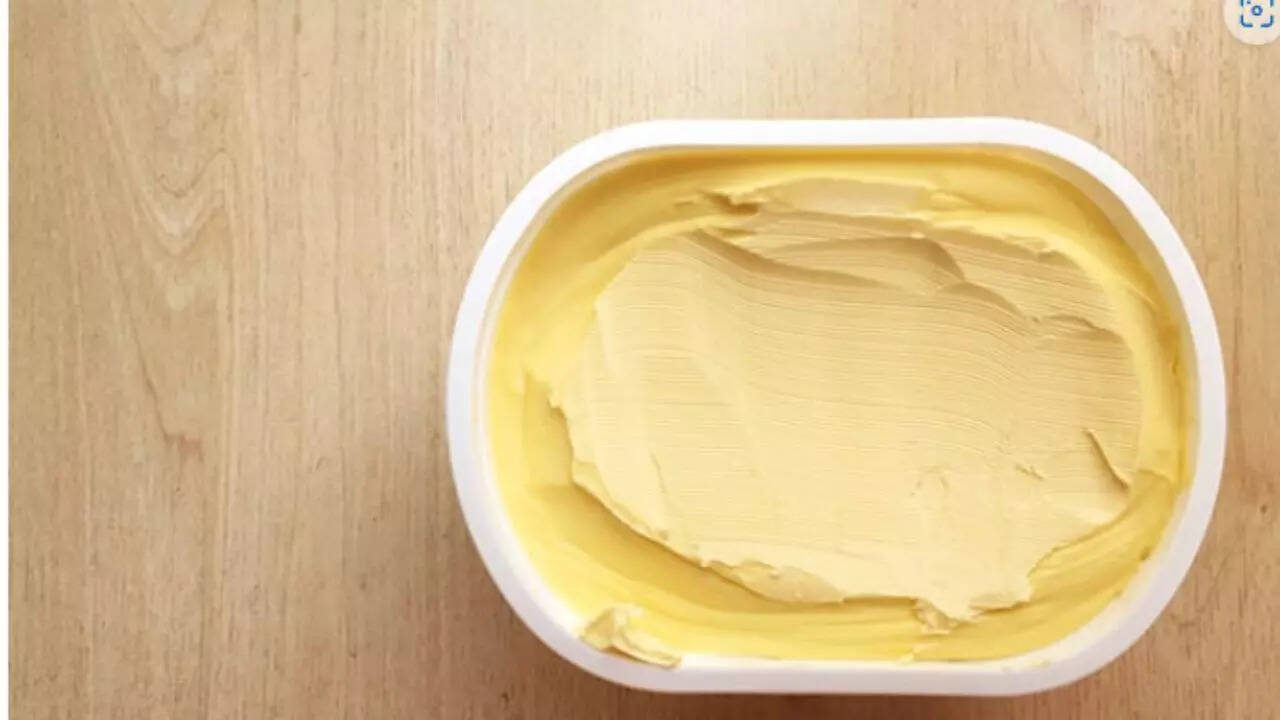High cholesterol, often called the “silent killer,” can quietly damage your heart over time without showing any obvious or alarming symptoms. If left unchecked, it significantly increases the risk of heart attacks, stroke, and other life-threatening cardiovascular complications. While statins are a widely prescribed and effective medication for managing cholesterol, cardiologists emphasize that certain natural foods can also help lower LDL cholesterol levels and promote long-term heart health through diet and lifestyle changes.According to the British Heart Foundation, incorporating oats and foods fortified with plant sterols and stanols into your daily diet can significantly reduce bad cholesterol and offer heart-protective benefits comparable to statins when consumed consistently and in appropriate amounts. Here’s a detailed look at these two powerhouse cholesterol-lowering foods.
Understanding high cholesterol and its risks
Cholesterol is a fatty substance in your blood that is essential for various bodily functions. However, high levels of low-density lipoprotein (LDL) cholesterol—commonly referred to as “bad cholesterol”—can build up in your arteries, leading to atherosclerosis, heart attacks, and strokes.
Poll
Do you believe dietary changes can significantly impact cholesterol levels?
Since high cholesterol usually does not cause symptoms, it is often only detected through blood tests. Cardiologists stress that adopting a heart-healthy lifestyle, including dietary changes, is crucial for keeping cholesterol under control and reducing cardiovascular risk.
Natural foods proven to lower LDL cholesterol and support heart health
Oats: A natural cholesterol-lowering food

Oats are rich in soluble fiber, particularly beta-glucan, which plays a key role in lowering high cholesterol levels. When consumed, beta-glucan forms a gel-like substance in the gut that traps cholesterol-rich bile acids, preventing them from entering the bloodstream.Your liver then uses more cholesterol from the blood to produce bile, naturally reducing LDL cholesterol levels. Clinical studies suggest that consuming approximately 3.5 grams of beta-glucan from oats daily over 3 to 12 weeks can result in a 4.2% reduction in LDL cholesterol.All forms of oats—including rolled oats, steel-cut oats, and oat bran—are excellent sources of beta-glucan. Beyond cholesterol management, oats also support digestion, maintain steady blood sugar levels, and contribute to overall cardiovascular wellness.Plant sterols and stanols: Nature’s statin alternatives

Source: British Foundation
Plant sterols and stanols, collectively known as phytosterols, are naturally occurring compounds in plants that reduce cholesterol absorption in the intestines. Some dairy products, like fortified milk and yogurt, are enriched with these compounds to provide a higher therapeutic dose.Research published in the British Journal of Nutrition indicates that consuming up to 3.3 grams of phytosterols daily can reduce LDL cholesterol by 6–12% within a month. These compounds work by competing with cholesterol for absorption, effectively lowering the amount of LDL in your bloodstream.While phytosterols are naturally found in fruits, vegetables, vegetable oils, nuts, and grains, the daily intake from these sources is usually below 600 mg—far less than the effective dose achieved through fortified foods. Cardiologists recommend including fortified foods with adequate plant sterols or stanols to achieve meaningful cholesterol reduction.
How to incorporate these foods into your diet
To harness the cholesterol-lowering power of oats and plant sterols, consider the following practical tips:
- Start your day with oatmeal or overnight oats topped with fruits and nuts.
- Include fortified dairy products like milk, yogurt, or spreads rich in plant sterols.
- Complement your diet with fruits, vegetables, and whole grains to enhance overall heart health.
Before making significant dietary changes, especially if you have existing medical conditions or take medications, consult your cardiologist or a registered dietitian to ensure safe and effective cholesterol management.Disclaimer: This article is for informational purposes only and does not constitute medical advice. Always consult a qualified healthcare professional before making changes to your diet or medication. Information is based on publicly available sources, including the British Heart Foundation.Also Read | Nighttime symptoms that reveal your heart, liver, and kidney health: Early earning signs you shouldn’t ignore

